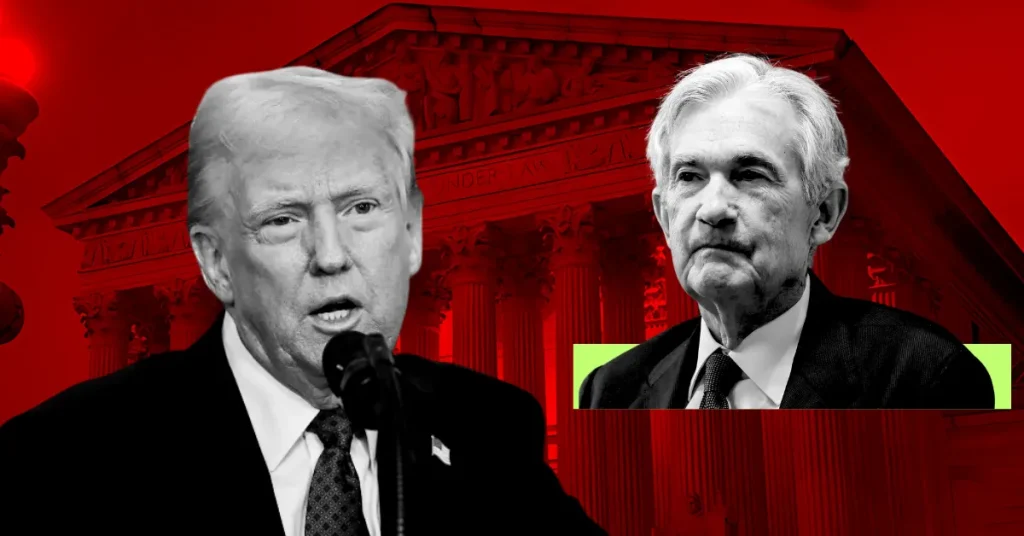
The post Gemini CEO: Ripple Ruling Leaves SEC’s Case Against Coinbase in Tatters appeared first on Coinpedia Fintech News
Gemini co-founder and CEO Cameron Winklevoss has shared his perspective on the recent Ripple ruling, where Judge Analisa Torres determined that secondary sales of XRP are not investment securities.
According to Winklevoss, this regulatory clarity for XRP and the resulting precedent bodes well for Coinbase Global Inc., which is currently facing a lawsuit brought by the United States Securities and Exchange Commission (SEC). In a tweet, Winklevoss stated that the Ripple ruling “decimates” the SEC’s case against Coinbase, which alleged violations of securities laws related to support for unregistered securities offerings.
Judge Torres’ ruling, which establishes that secondary sales of XRP and other tokens do not qualify as securities, could significantly impact the arguments and proceedings in the ongoing SEC v. Coinbase case. While the case is still in its early stages, the XRP ruling sets a precedent that may shape future developments.
XRP ruling is considered a victory for the crypto industry
The XRP ruling is seen as a significant victory for the broader digital currency ecosystem, although there are still other considerations and rulings to be made. In addition to XRP, the SEC has identified other altcoins, such as Cardano (ADA), Solana (SOL), Polygon (MATIC), and Filecoin (FIL), as investment contracts.
Bernstein, a broker, has released a research report stating that the recent U.S. district court ruling on Ripple’s XRP token is being seen as a significant judgment for the cryptocurrency industry. The court determined that if XRP is sold through an exchange or programmatic sales, it should not be classified as a security.
According to Bernstein’s analysts, this ruling undermines the position of the U.S. Securities and Exchange Commission (SEC) that digital assets fall under existing securities laws and do not require separate regulatory clarity. They argue that the court’s interpretation and the subsequent contextual analysis required for each case highlight the need for specific guidelines concerning digital assets.

 1 year ago
117
1 year ago
117














 English (US) ·
English (US) ·